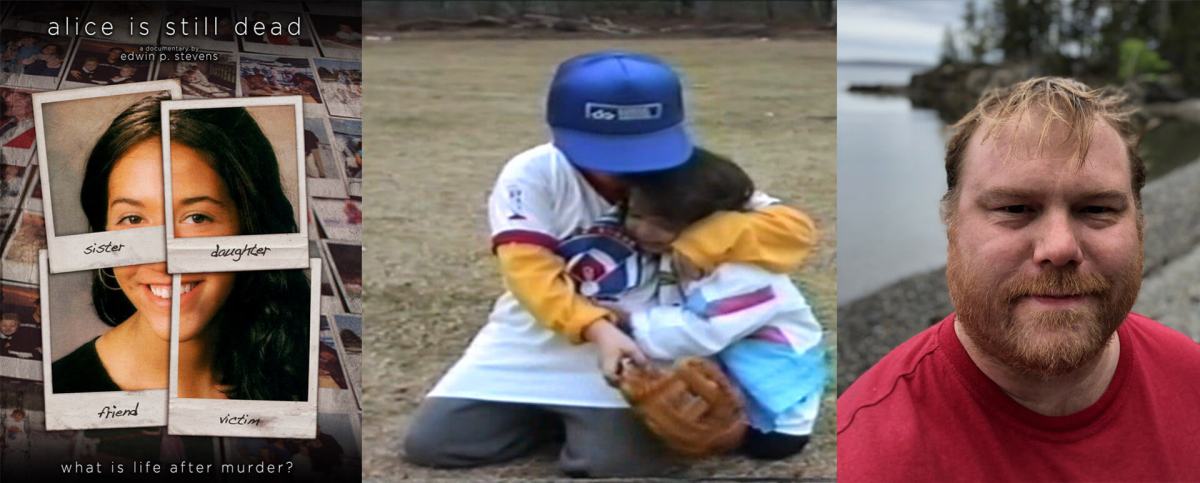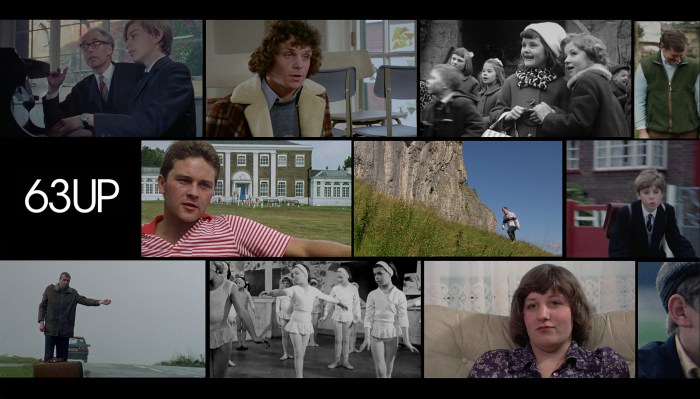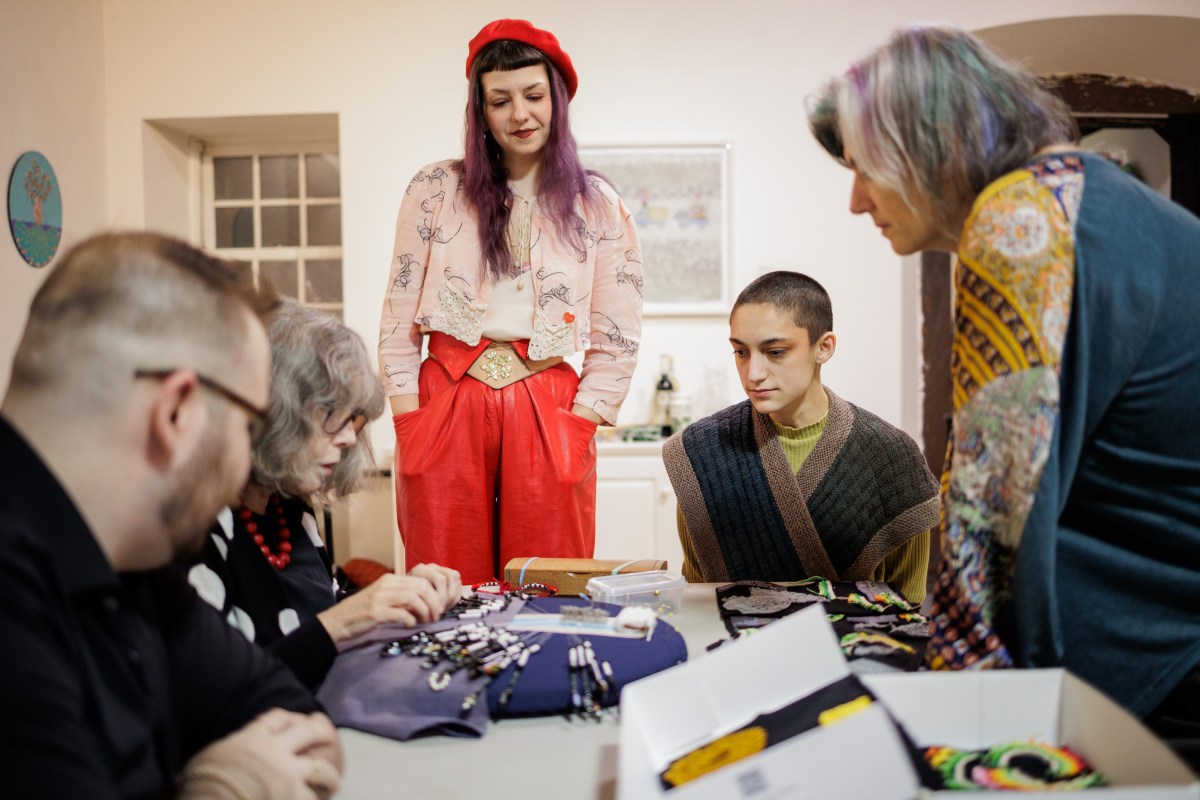Filmmaker Edwin P. Stevens is telling his sister’s story the way he does best: through a documentary.
On Nov. 3, 2013, Alice Stevens her boyfriend Forrest returned to their home in Thunderbolt, Georgia after a night out with friends. After a neighbor called police reporting 5-6 gunshots, and officers rushed to the home to find Alice and Forrest had been shot. Forest was pronounced dead at the scene and Alice died of her injuries on the way to the hospital.
“People hear about this kind of murder and think, what were they getting into? We want to think that someone made a choice to put themselves in harm’s way. It was not the case in this situation,” said Stevens. “Alice and her boyfriend were coming home after a night out and two men were at the house waiting and ambushed them. As the evidence suggests, Forrest tried to bargain with them, offering the car and money. They weren’t there for that. They killed them in cold blood.”
In an effort to come to terms with his own grief and get the facts straight surrounding Alice’s murder, Stevens directed a documentary to tell her story. Entitled “Alice Is Still Dead,” the documentary follows the night and aftermath of Alice’s murder through the lens of the victim’s family.
Stevens felt that he wasn’t doing enough to preserve Alice’s memory, and creating the documentary allowed him not only to help her story live on but also learn more about her. However, there was more to the story that Stevens uncovered along the way.
“As I proceeded, there was more to the story than just remembering my sister, which was the main catalyst. There’s a lot of people who go through grief, and if it’s a murder or not, people are taken away from loved ones,” said Stevens. “People can relate to the story, watch my journey and get something out of it. I also thought I could show the court process, which was really hard for the family. The majority of true crime things don’t hear from the victim’s family very much. There’s much more going on behind the scenes.”
The documentary, which is narrated by Stevens, shows accounts from several family members and friends of Alice. Stevens admits that he was hoping that he could potentially uncover something throughout the filmmaking process, but by the end of it he was full of new memories about his sister.
“I feel like I created memories with Alice and people I have never met. I heard stories I didn’t know before. I was creating new memories that I didn’t get to know before she died. It’s like I was reading a book about her, but from different perspectives,” said Stevens.
“Alice Is Still Dead” also takes a deeper look at the trial process following Alice’s murder. Stevens says that though Alice’s killers were apprehended within a year of the crime, the trial took three to four years to come to fruition.
“What surprised me was how long the trial process takes. It dragged on for years and we were wondering whether or not they would be convicted,” said Stevens. “There’s also the eye-opening aspect of that working in court is just day job. Even in these unfortunate grisly crimes, they are desensitized. They go in like it’s another day and life or death for us. The prosecutor and defense go back and forth, it’s more like a chess match than justice being done. It’s troubling as a loved one, how mundane it all seemed.”
The documentary first premiered at Doc LA for a small audience, which included members of the Stevens family, the prosecutor in Alice’s case and some of Alice’s close friends. Stevens says that the scariest part of showing “Alice Is Still Dead” was seeing what his mother’s reaction would be.
“I wanted to keep this very honest. It was very hard to show family and maybe include things they didn’t expect to admit to, but I think in the end the film benefits from honesty,” said Stevens. “Showing my mother and her relationship with Alice, what it’s like having a teen daughter, that’s hard. Alice never got old enough to come back around, that time got cut short. Unfortunately, a lot is left unsaid. Their relationship is a tough one to watch. But my mother was very supportive of the documentary.”
Stevens hopes that those who watch “Alice Is Still Dead,” particularly those who might be dealing with grief in their own lives, are able to find some solace in this film.
“I hope that people who are dealing with grief or know someone dealing with grief knows that there isn’t a one size fits all cure,” said Stevens. “We continue to go through it for the rest of our lives. It may not be present but it comes up again and again. I hope they can take inspiration in honesty on a difficult subject.”
He also hopes that the film can help be a part of the conversation to keep guns out of the hands of people who shouldn’t have them.
“I think the hardest thing would be if this can help with some kind of revolution with gun control, some kind of legislation to keep guns out of people’s hands who can’t handle them,” said Stevens. “That would be the pipedream. If someone could see on a personal level what gun violence can do in such a split-second decision, they are such powerful weapons that it would be nice to be a little more controlled.”
“Alice is Still Dead” is available on VOD and Digital.





































